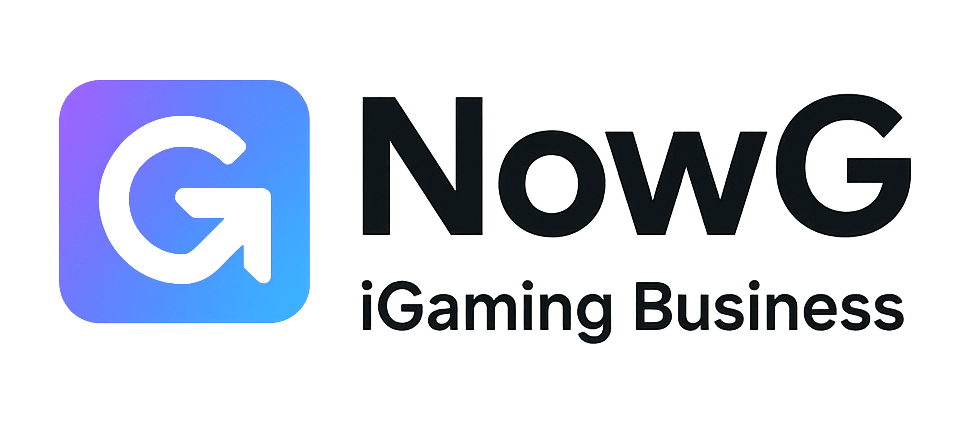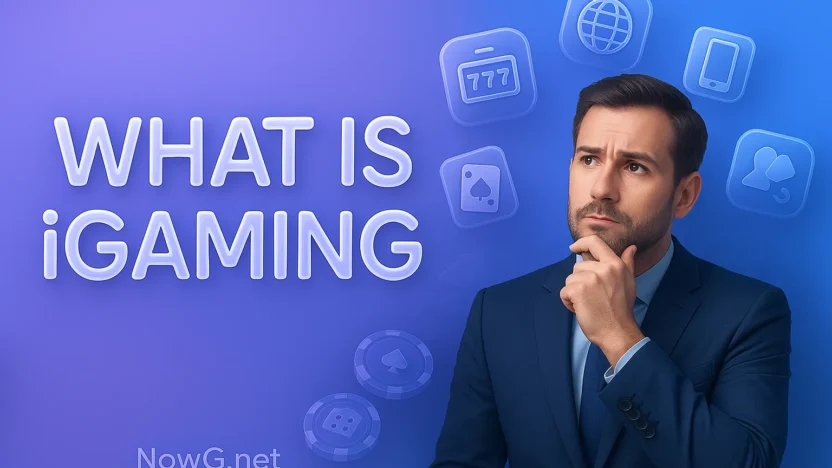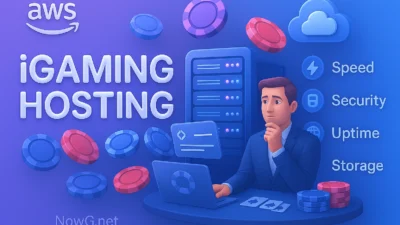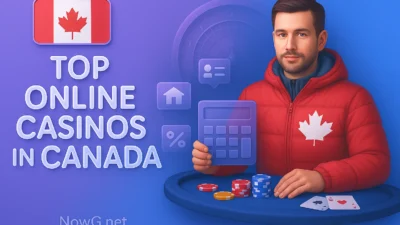Last Updated on November 19, 2025 by Caesar Fikson
iGaming = real-money betting and gaming delivered online. Sportsbooks, casino (RNG + live dealer), poker, bingo, lottery, fantasy, esports where allowed—and the back-office stack that keeps it compliant, secure, and profitable.
At NOWG, I treat it like a machine: operators, suppliers, affiliates, payments, identity, geolocation, trading, risk, data, and regulation moving in sync. Miss one gear and the machine grinds.
Understanding iGaming
Core products
- Sports betting (pre-match and in-play)
- Casino RNG (slots, tables)
- Live-dealer casino (studio streamed)
- Poker networks (shared liquidity)
- Bingo and lottery (draw + instant win)
- Esports wagering (where permitted)
- Social casino (virtual currency; typically outside gambling regulation)
The platform pieces
- Player Account Management and wallet
- KYC/AML checks, sanctions screening, document verification
- Geolocation and device intelligence
- Risk and trading, odds feeds, managed trading services
- Game servers and aggregators
- Payments orchestration (deposits, payouts, refunds)
- Bonus and loyalty engines, anti-abuse controls
- Responsible-gaming tooling (limits, timeouts, self-exclusion)
- Data warehouse/BI, cohort analytics, marketing attribution
- Independent testing/certification for platform and RNG fairness
How the money flows
- Stakes placed → outcomes resolved → wins paid
- GGR = stakes − wins
- NGR = GGR − bonuses − fees − taxes
- Profit depends on product mix, promo governance, PSP costs, fraud leakage, and live trading decisions
iGaming Industry Connection
Where the industry actually connects
- Global expos and regional shows: operators meet suppliers, regulators, affiliates; roadmap alignment and deal-making
- Trade bodies and working groups: safer-gambling guidance, AML best practices, ad standards
- Peer networks: private forums for product, risk, CRM; fast answers to real implementation issues
How to use these connections
- Arrive with specifics: target jurisdictions, tax model, payments routing, certification timeline, migration plan
- Ask for artifacts: architecture diagrams, sample data exports, incident playbooks, SLAs—not just slides
- Book short working sessions with vendors; decide next steps the same day
iGaming Business Information
The value chain
- Operators (B2C): run the brand, hold the license, own acquisition/retention, earn GGR
- Suppliers (B2B): platforms, sportsbooks, studios, aggregators, payments, KYC, fraud, RG tech; fee or rev-share
- Affiliates/media: performance acquisition under strict local advertising rules
Operator KPIs to watch
- First-time depositors, cost per FTD
- ARPU, LTV by cohort/source
- Effective reward rate, bonus ROI
- Hold and trading margin (sportsbook)
- Payment acceptance, chargeback rate, payout TAT
- RG compliance (limits, self-exclusion adherence)
- Data freshness, attribution accuracy, BI adoption
Build choices and trade-offs
| Decision | Option A | Option B | Trade-off to manage |
|---|---|---|---|
| Stack approach | Turnkey | Modular | Speed vs granular control |
| Trading | Managed service | In-house | Volatility buffer vs custom risk bias |
| Content | Aggregator | Direct studio | Breadth/speed vs margin per title |
| Wallet | Single wallet | Split wallets | UX simplicity vs regulatory separation |
| Hosting | Single region | Multi-region | Cost/latency vs residency/failover |




